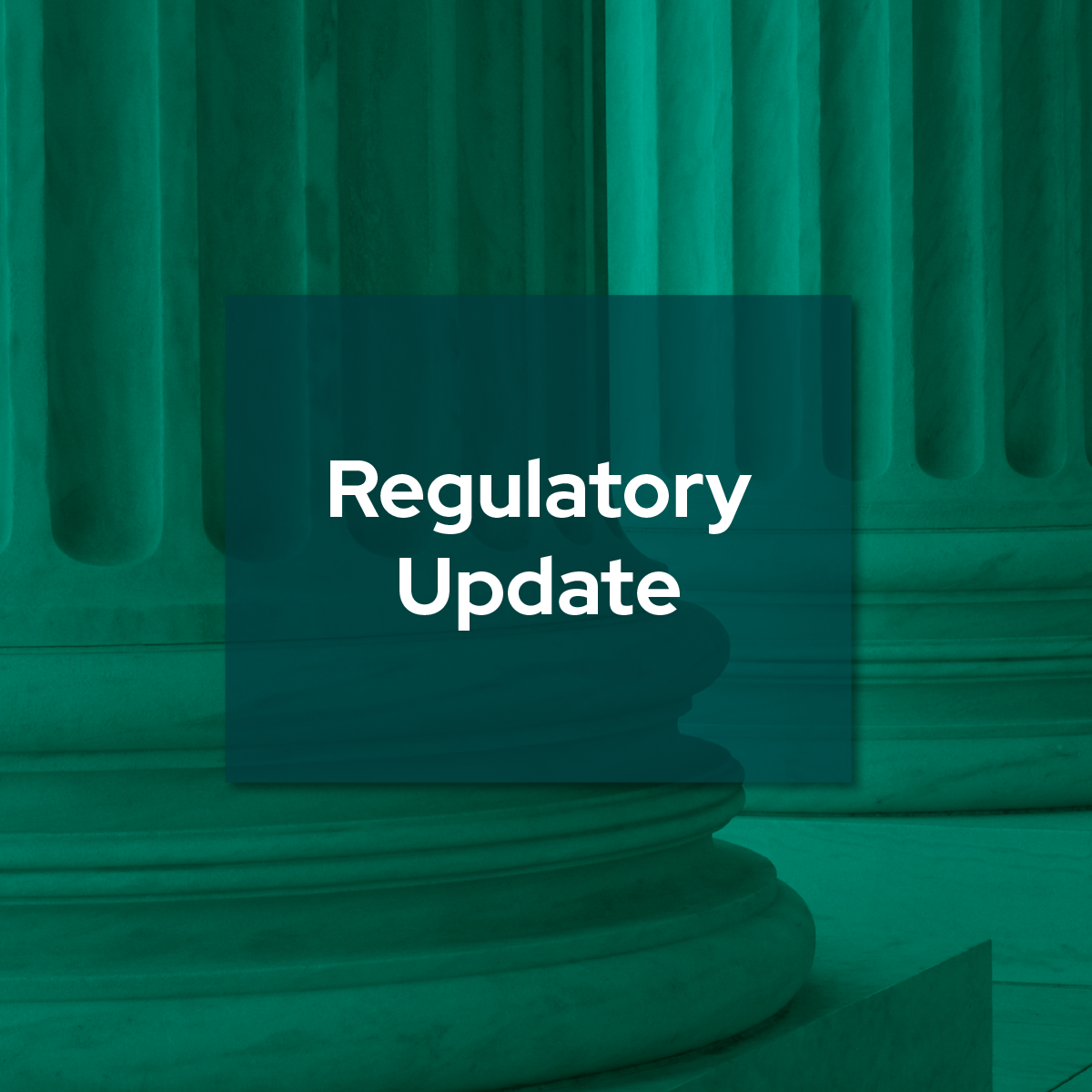Don’t Sleep on the FTC Proposal to Ban Junk Fees, Bait-and-Switch Ad Tactics
Last June, the Federal Trade Commission proposed a rule that will make significant changes to the rules that automotive and RV dealerships alike must follow when it comes to their sales and financing procedures. Called the Motor Vehicle Dealers Trade Regulation Rule, it seeks to protect consumers by targeting junk fees and bait-and-switch advertising tactics. Let’s take a look at what we know about the Rule right now.
The Details
According to the FTC, at a high level, the proposed rule would:
- Prohibit dealers from making certain misrepresentations in the course of selling, leasing, or arranging financing for motor vehicles.
- Require accurate pricing disclosures in dealers’ advertising and sales discussions.
- Require dealers to obtain consumers’ express, informed consent for charges.
- Prohibit the sale of any optional product or service that confers no benefit to the consumer.
- Require dealers to keep records of advertisements and customer transactions.
Dealers would be required to disclose the true offering price of a vehicle or the full price without taxes and government fees.
The Feedback
Since June, the proposed rule was published in the Federal Register, igniting a 60-day comment period. In that time over 26,000 comments were submitted, along with studies and articles about the proposed Rule.
A number of submitted comments support the proposed Rule, including members of Congress. Senator Elizabeth Warren and Rep. Katie Porter co-wrote a letter that said the:
“rule will be an important step to protect consumers and help rein in corporate profiteering that exacerbates inflation…”
On the opposite side, the American Financial Services Association (ASFA) and the Consumer Bankers Association (CBS) wrote a letter regarding the unintentional consequences and hard that the rule could have on finance businesses. It also proposed several changes to the Rule as well as incorporating a long implementation period.
Another letter, from six U.S. Senators, requested answers to 11 questions about the proposed Rule and the agency’s rulemaking process. Among those questions were:
- Did the FTC consult with other agencies, the Federal Reserve Board or Consumer Financial Protection Board, before publishing the proposed Rule?
- What is in this proposed Rule that isn’t already considered illegal or isn’t already something that the FTC can act on?
- Why wasn’t a quantitative study conducted to inform the proposed Rule?
Notably, the letter states that:
“the proposed rule would fundamentally change the way that vehicles are retailed in America [and]…would confuse customers, lengthen the transaction time to purchase a vehicle, limit consumer choice, increase paperwork, and mandate burdensome new recordkeeping requirements…”
Also, the National Automobile Dealers Association (NADA) submitted a letter requesting that the proposed Rule be withdrawn. The organization argues that the proposed Rule is flawed and will increase the cost of the retail process, lengthen transaction periods, confuse customers, and obstruct the customer experience. It also states that the proposed Rule isn’t needed:
“as each harm it seeks to address is already regulated under existing law.”
Currently, the public awaits the FTC’s next steps following the end of the comment period. When this article was published, the agency hadn’t yet addressed any of the comments, re-opened the comment period, or made any new information available to the public. KPA will continue to monitor this situation.
